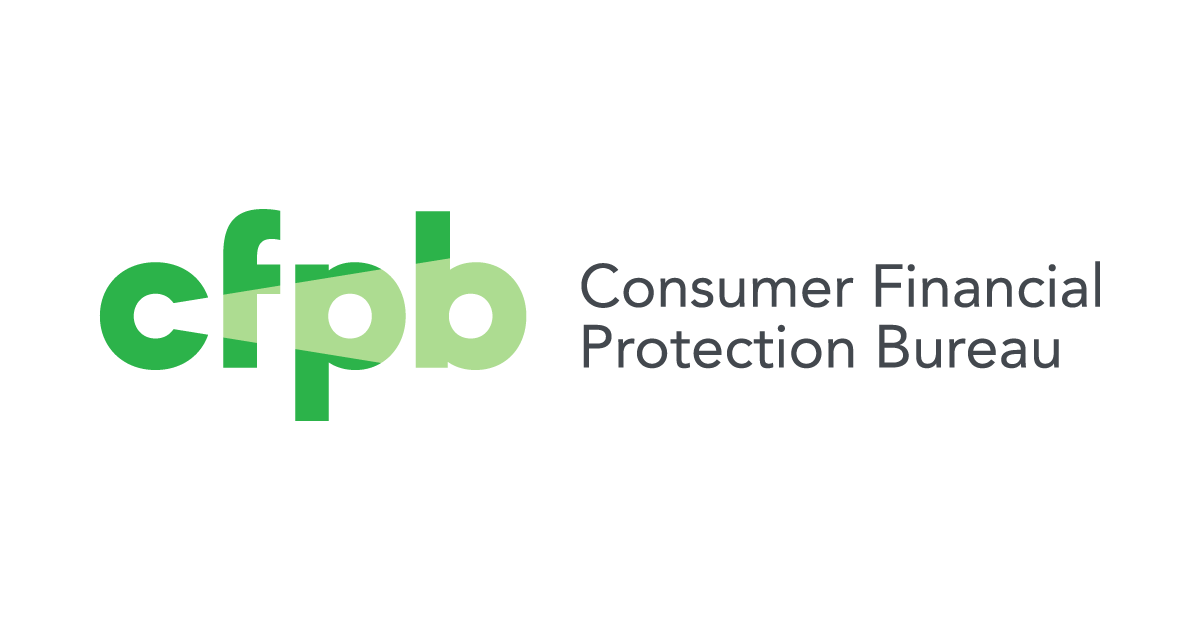WASHINGTON, D.C. — Today the Consumer Financial Protection Bureau (CFPB) issued a series of orders to five companies offering “buy now, pay later” (BNPL) credit. The orders to collect information on the risks and benefits of these fast-growing loans went to Affirm, Afterpay, Klarna, PayPal, and Zip. The CFPB is concerned about accumulating debt, regulatory arbitrage, and data harvesting in a consumer credit market already quickly changing with technology.
“Buy now, pay later is the new version of the old layaway plan, but with modern, faster twists where the consumer gets the product immediately but gets the debt immediately too,” said CFPB Director Rohit Chopra. “We have ordered Affirm, Afterpay, Klarna, PayPal, and Zip to submit information so that we can report to the public about industry practices and risks.”
Buy now, pay later credit is a type of deferred payment option that generally allows the consumer to split a purchase into smaller installments, typically four or less, often with a down payment of 25 percent due at checkout. The application process is quick, involving relatively little information from the consumer, and the product often comes with no interest. Lenders have touted BNPL as a safer alternative to credit card debt, along with its ability to serve consumers with scant or subprime credit histories.
Merchants are adopting BNPL programs and are willing to typically pay 3 percent to 6 percent of the purchase price to the companies, similar to credit card interchange fees, because consumers often buy more and spend more with BNPL. Indeed, BNPL’s use has spiked during the COVID-19 pandemic and throughout the holiday shopping season. More and more Americans are using it, and the most recent Black Friday and Cyber Monday shopping weekend saw massive growth in BNPL. This explosive growth has caught the eye of many investors, including significant venture capital money. Big tech companies are also entering the arena.
The law requires that the CFPB monitor consumer financial markets and enables the agency to require market players to submit information to inform this monitoring. The CFPB expects to publish aggregated findings on insights learned from this inquiry. Today’s orders seek to illuminate the range of these consumer credit products and their underlying business practices. Specifically, the Bureau is concerned about:
- Accumulating debt: Whereas the old-style layaway installment loans were typically used for the occasional big purchase, people can quickly become regular users of BNPL for everyday discretionary buying, especially if they download the easy-to-use apps or install the web browser plugins. If a consumer has multiple purchases on multiple schedules with multiple companies, it may be hard to keep track of when payments are scheduled. And when there is not enough money in a consumer’s bank account, this can potentially result in charges by both the consumer’s bank and the BNPL provider. Because of the ease of getting these loans, consumers can end up spending more than anticipated.
- Regulatory arbitrage: Some BNPL companies may not be adequately evaluating what consumer protection laws apply to their products. For example, some BNPL products do not provide certain disclosures, which could be required by some laws. And while the BNPL application may look similar to a standard checkout with a credit card, protections that apply to credit cards may not apply to BNPL products. Many BNPL companies do not provide dispute resolution protections available to users of other forms of credit, like credit cards. And finally, depending on what rules the lender is following, different late fees and policies apply.
- Data harvesting: BNPL lenders have access to the valuable payment histories of their customers. Some have used this collected data to create closed loop shopping apps with partner merchants, pushing specific brands and products, often geared toward younger audiences. As competitive forces pressure the merchant discount, lenders will need to find other sources of revenue to maintain growth and profitability. The Bureau would like to better understand practices around data collection, behavioral targeting, data monetization and the risks they may create for consumers.
The BNPL product has seen growth internationally and many other countries are also taking a close examination of its providers. As part of today’s inquiry, the Bureau is working with its international partners in Australia, Sweden, Germany and the UK, specifically the Financial Conduct Authority. The Bureau will also be coordinating with the rest of the Federal Reserve System, as well as its state partners.
More information about BNPL can be found at: Know before you buy (now, pay later) this holiday season
Consumers having an issue with a consumer financial product or service can submit a complaint with the CFPB online or by calling (855) 411-CFPB (2372).
The Consumer Financial Protection Bureau is a 21st century agency that implements and enforces Federal consumer financial law and ensures that markets for consumer financial products are fair, transparent, and competitive. For more information, visit consumerfinance.gov.
Official news published at https://www.consumerfinance.gov/about-us/newsroom/consumer-financial-protection-bureau-opens-inquiry-into-buy-now-pay-later-credit/
Images courtesy of PixaBay
The post Consumer Financial Protection Bureau Opens Inquiry Into “Buy Now, Pay Later” Credit first appeared on RSVTV news.
originally published at Finance - RSVTV news

